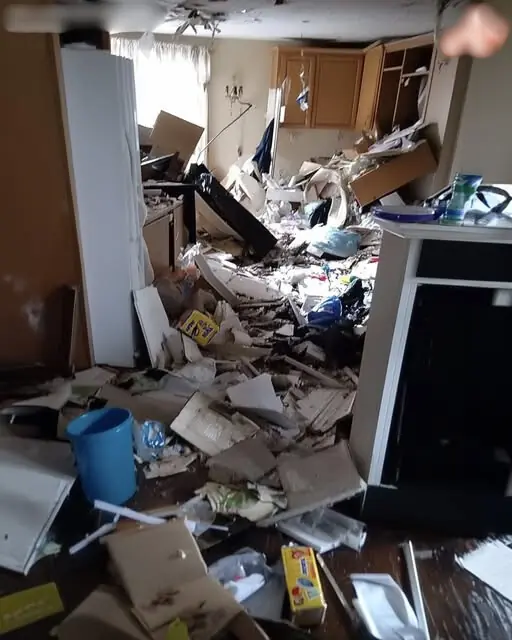
I Was One Of John’s Saved Babies In Vietnam, But Neither Of Us Knew Until Now.
I was one of Michael’s saved babies in Vietnam—but neither of us knew it until now.
For years, Michael had been a quiet, consistent presence in my life. He came into my coffee shop like clockwork, always ordered the same thing, always gave a subtle nod, and left with little more than a “thanks.” One of those customers you barely notice—until suddenly, you do.
It all changed last week.
I was chatting with him while preparing his drink. Told him, offhandedly, that my girlfriend and I were planning a trip to Vietnam. Just travel talk. But the moment the word “Vietnam” left my mouth, something shifted.
His face changed—sharpened, almost frozen in time. “I was there,” he said softly. “Fall of Saigon. I helped with the evacuations. We loaded orphaned kids onto planes to get them out safely.”
My stomach dropped. My heart started beating faster.
“I was one of those kids,” I told him, suddenly breathless.
He stopped, completely still, the cup frozen in his hands. His eyes welled up, and after a long pause, he muttered, “Then I might’ve held you.”
Silence wrapped around us like a thick fog.
For as long as I could remember, I had wondered about the hands that saved me—the strangers who got me out of the chaos, the war. And now, one of them was standing right in front of me, blinking back tears.
We sat down and talked. Michael’s voice cracked as he recalled the anguish, the frantic rush, the desperate hope. As he stood to leave, he gripped my shoulder. “I’ll sleep better tonight,” he said. “Knowing you made it.”
I thought that was the end—a beautiful, almost surreal connection. But just as he was about to walk out, Michael turned.
“There’s… something else,” he said, voice low.
His hands were trembling as he sat back down, rubbing his fingers together like he was trying to summon strength from somewhere deep inside. Then he exhaled sharply.
“I had a child there. In Saigon.”
I blinked. “You had a child?”
He nodded slowly. “Her name was Mai. We fell in love—despite everything. I was just a young soldier. She was beautiful, wise beyond her years. We had a son together. I thought I’d bring them home. But I couldn’t. When the city collapsed, I lost them both. I searched. I begged. But they vanished.”
He opened his wallet and pulled out a photo, its edges curled and color faded. A young Michael, cradling a baby, standing beside a Vietnamese woman with kind, dark eyes. She wore her hair in an intricate braid. Her smile was soft but proud.
“I’ve never stopped looking,” he said, gently placing the photo in my hands. “That baby... he would be your age now.”
I stared at the photo. The baby’s face. The woman’s eyes. Then Michael again. Something unexplainable stirred inside me.
“Michael,” I said slowly. “What if I helped?”
He looked at me, startled. “You mean… how?”
“I’m going to Vietnam. I know people. Historians. Researchers who track down families from the war. We can take this photo. Any details you remember. It’s a long shot, but... maybe.”
He broke down. Tears ran freely down his face. “You’d really do that?”
“Yes,” I said. “Absolutely.”
For the next hour, we wrote everything down: the neighborhood Mai lived in, the name of the hospital where the baby was born, the smell of the noodle soup stand near their home, the way she tied her braid. Every detail became sacred.
When I arrived in Ho Chi Minh City with my partner, the first thing I did was visit Lan, an old friend who worked with wartime archives. I gave her the story and the photo. She didn’t hesitate.
“We’ll try,” she promised.
She made copies and sent them to researchers and family tracers. And then we waited.
One week passed. Then another. Each day I walked the city with my heart in my throat.
Then, late one evening, my phone rang.
“We might’ve found someone,” Lan said. “Not confirmed yet. But there’s a man—his name is Bao. His mother, Mai, spoke of an American soldier who tried to take them with him before the fall.”
I wrote the address down with shaking hands and went immediately.
When I knocked on the modest wooden door, my heart was pounding. A man in his late 40s opened it. His eyes reminded me of Mai from the photo. But his jaw—his jaw was all Michael.
“Bao?” I asked, nearly whispering.
He looked cautious. “Who are you?”
I took out the photo and held it out. “I think this is your father.”
He stared. His breath caught. Slowly, he reached for it.
“I’ve never seen this,” he said, voice barely above a whisper. “My mother never had any photos of him. She told me he tried to take us. That he loved us.”
“She was right,” I said. “He never gave up.”
The next day, I called Michael.
“Any news?” he asked, his voice tight with years of hope.
“I think I found your son.”
Silence. Then a broken breath. “You sure?”
“Come and see.”
A week later, Michael stepped off a plane in Vietnam, eyes scanning the crowd with a soldier’s nerves. Bao stood nearby, tentative. The moment their eyes met, something shifted.
Bao stepped forward. Michael moved too. They met in the middle, inches apart. Then Michael opened his arms—and finally, after nearly 50 years of searching, he held his son again.
The tears came hard. Bao sobbed against his father’s chest. Michael, the man I had known as stoic and still, wept openly.
Later, over coffee, they spoke in halting bursts. Bao asked about America. Michael asked about Mai. Bao handed him a photo of her, older, dignified, radiant even in black-and-white. She had passed away years ago.
Michael traced her face gently. “I never stopped loving her,” he murmured.
As I flew home days later, I knew this story had changed me. Michael and Bao were already planning their first father-son trip to the U.S., preparing to reclaim decades lost.
And me? I witnessed a miracle.
A man saved a baby. That baby grew up to help him find the family he lost. A circle closed. A history rewritten.
Life, I realized, has a strange and beautiful way of bringing us home.
News in the same category

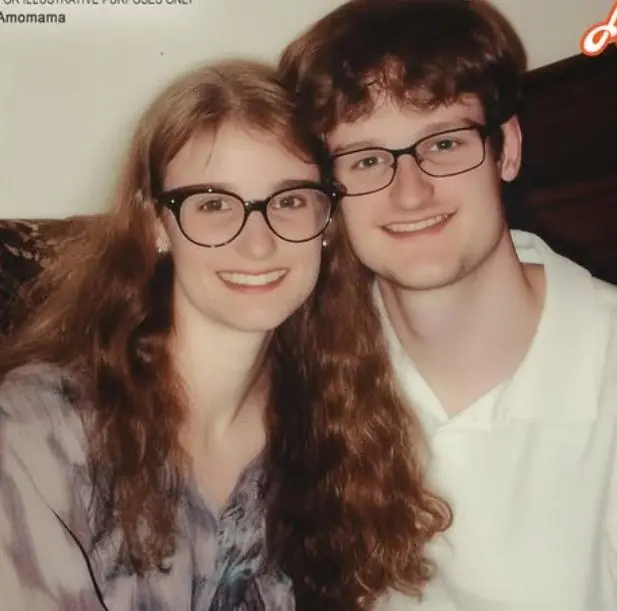
I Was Looking At a Photo of My Late Wife and Me When Something Fell Out of the Frame and Made Me Go Pale
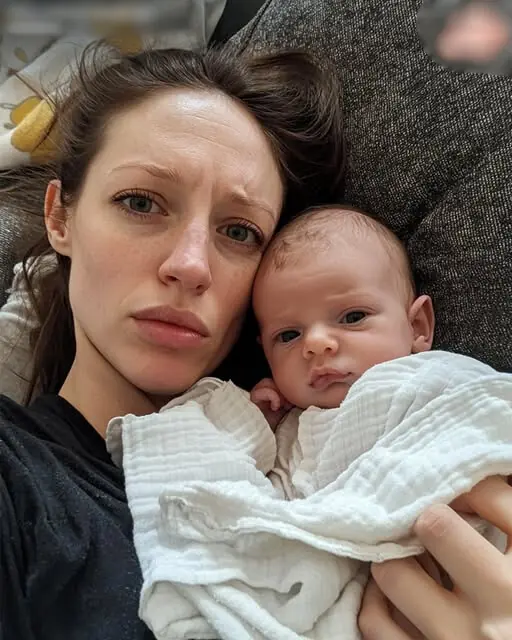
My Husband Moved Back in with His Mom Because My Cough 'Was Annoying' While I Was Sick with Our Baby – So I Taught Him a Lesson
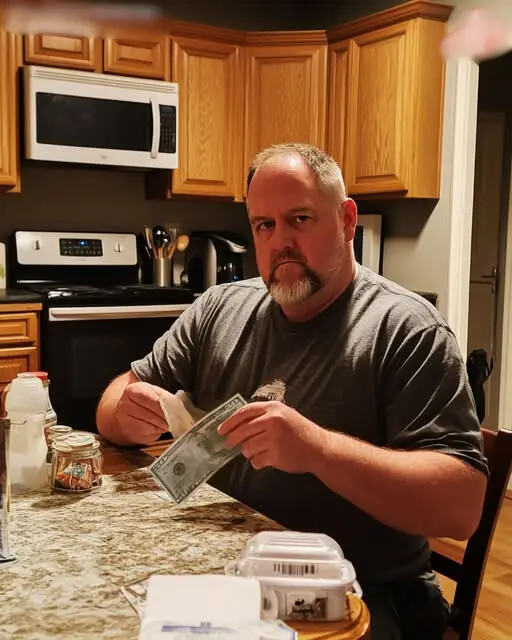
My Husband Threw $50 at Me and Said, 'Make a Lavish Christmas Dinner for My Family — Don't Embarrass Me!'
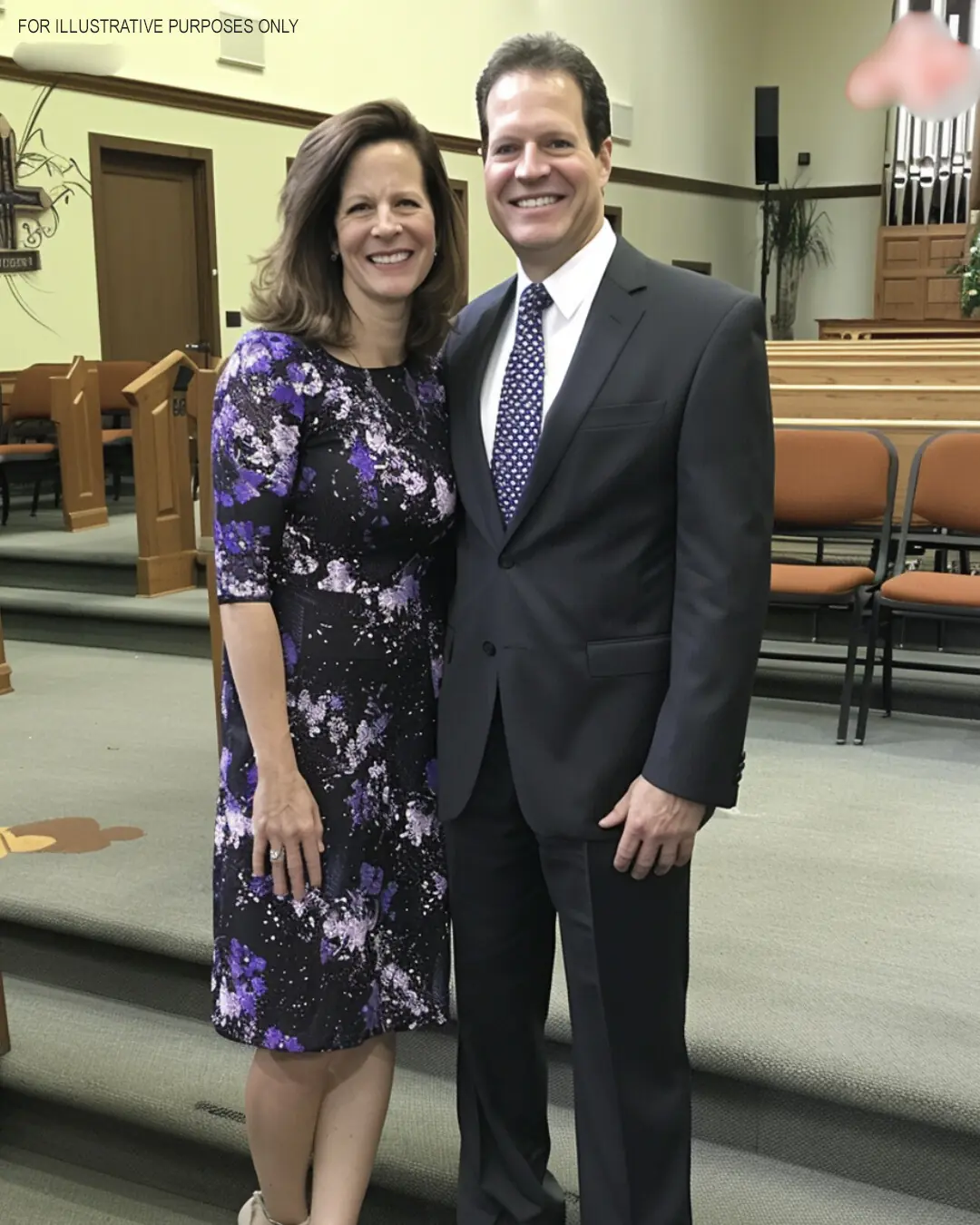
My Foster Parents Took My Parents' Money and Called It a Blessing—I Gave Them Exactly What They Deserved
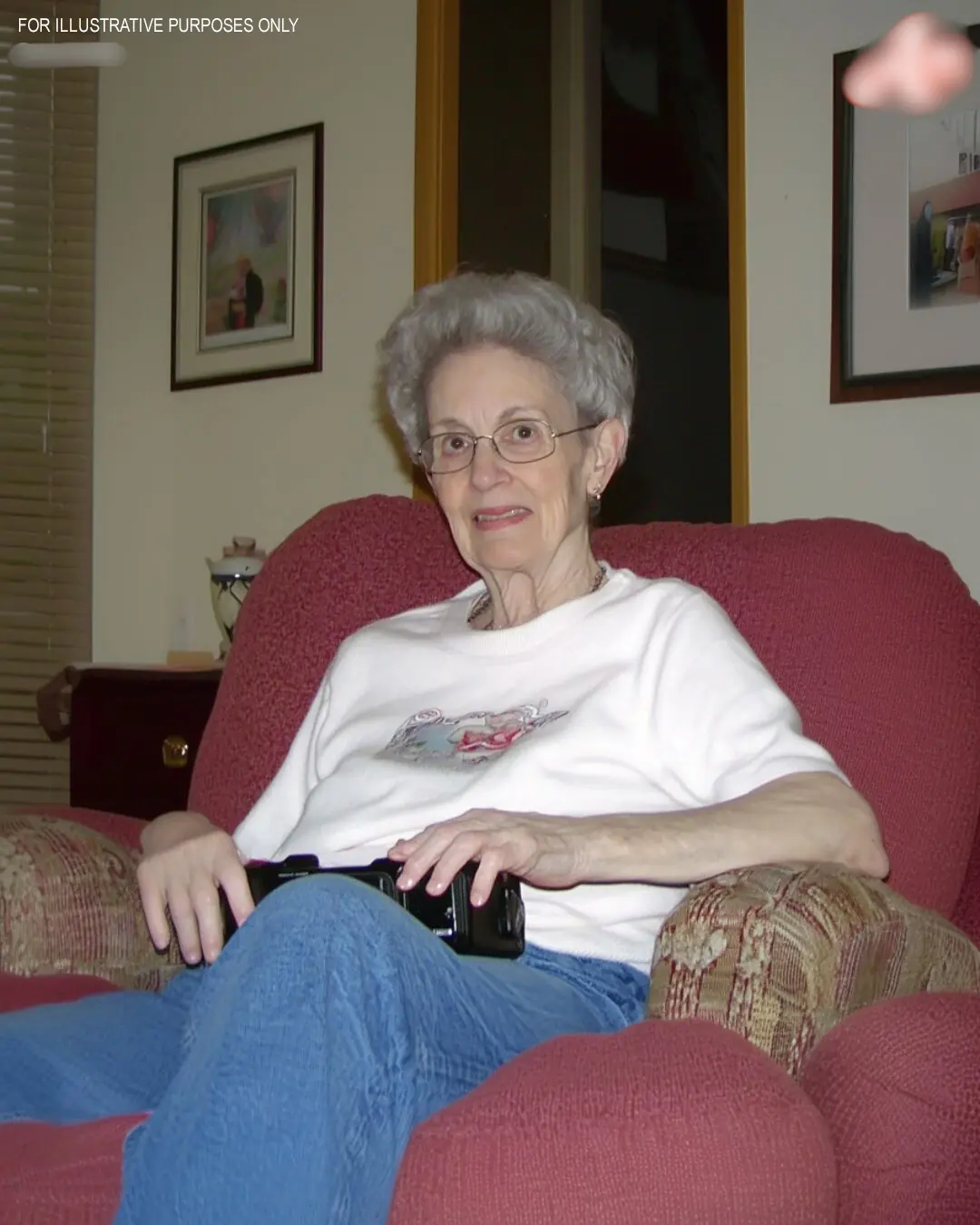
My Boyfriend Insisted That I Take 2 Showers a Day - His Odd Request Became Clear When I Met His Mother
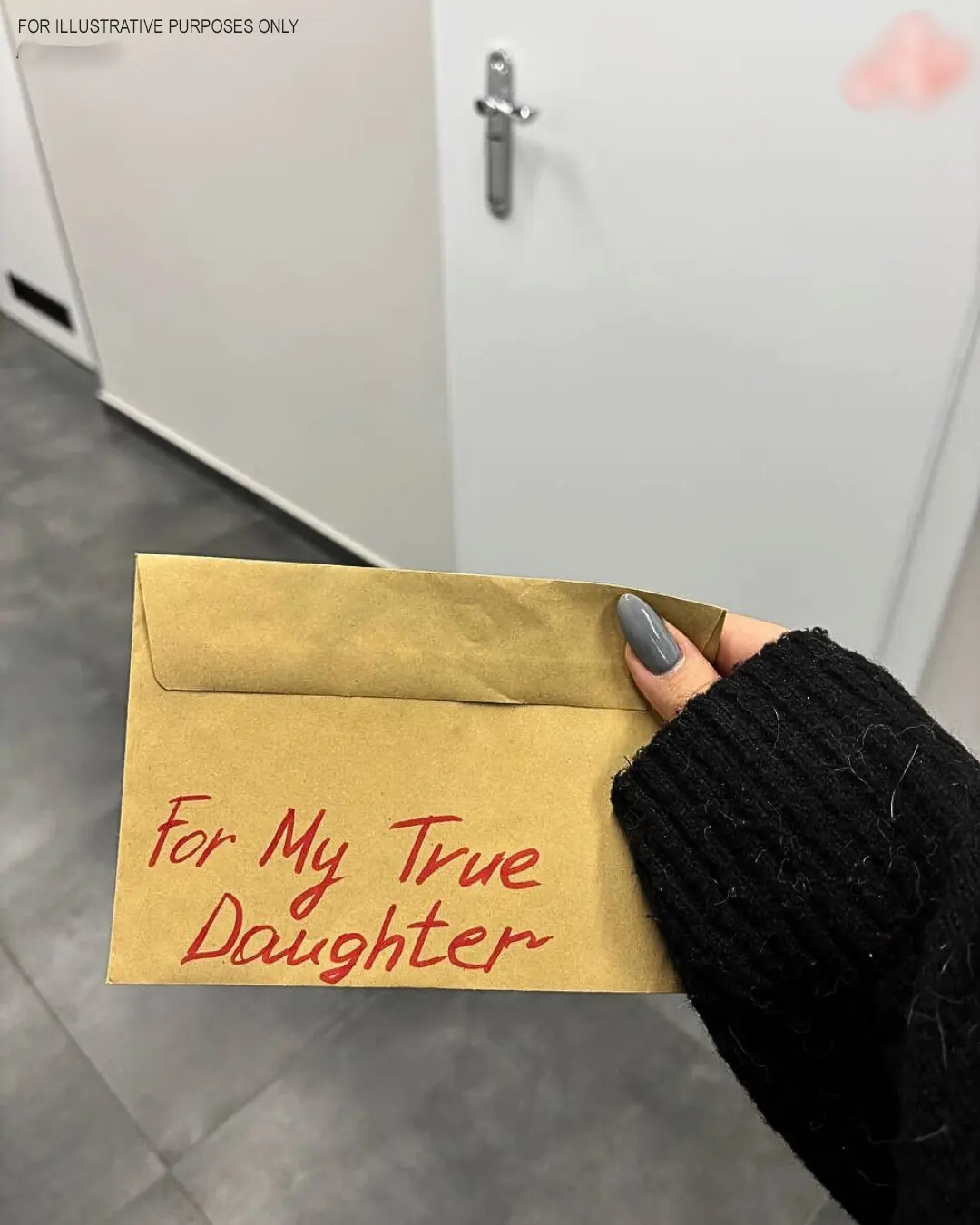
My Selfish Sister Stayed by Mom's Side When She Fell Ill, but Everything Changed after the Doctor Shared Mom's Last Words
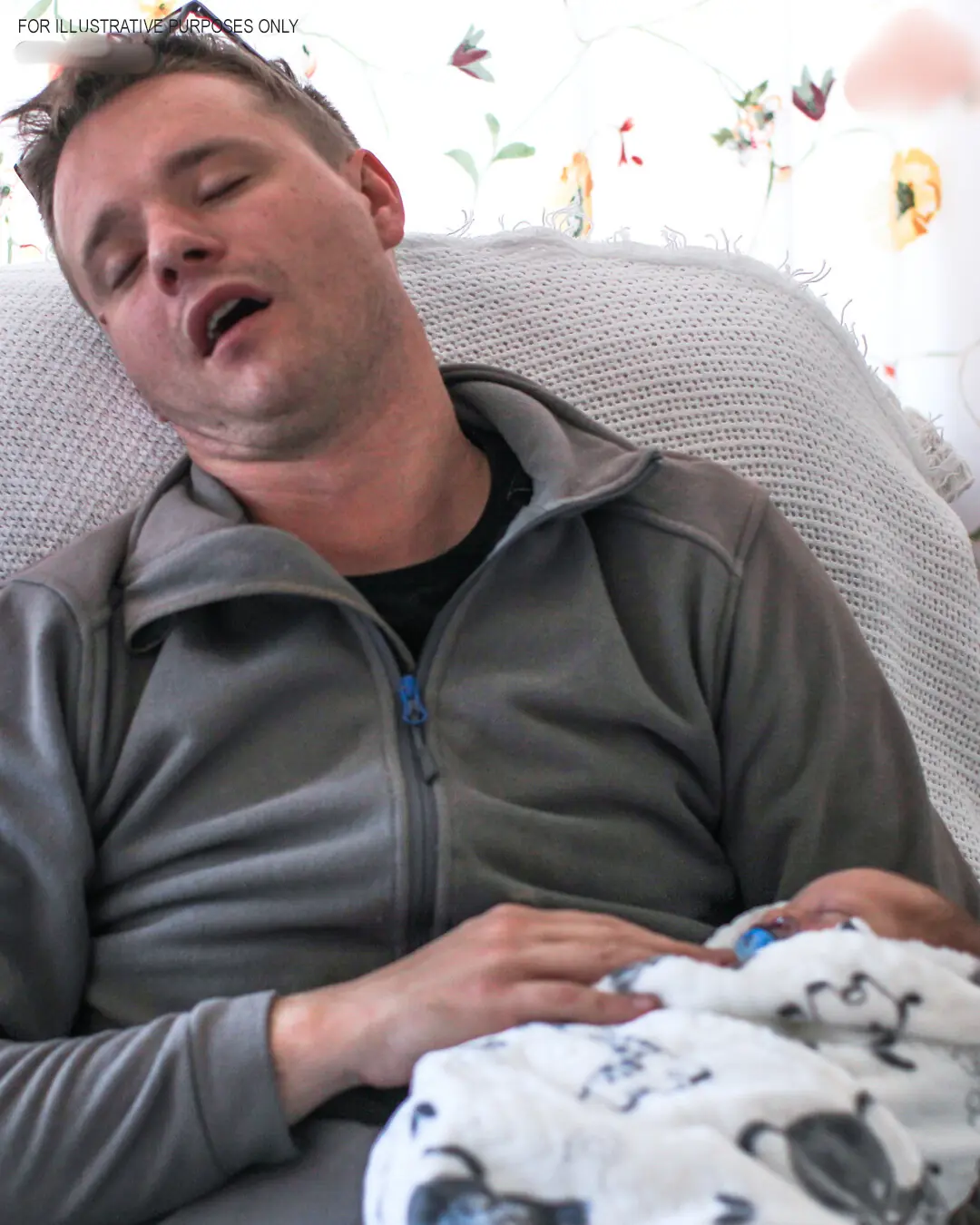
My Husband Thought I Did Nothing While at Home with Our 5-Month-Old Baby until I Left Home for a Week
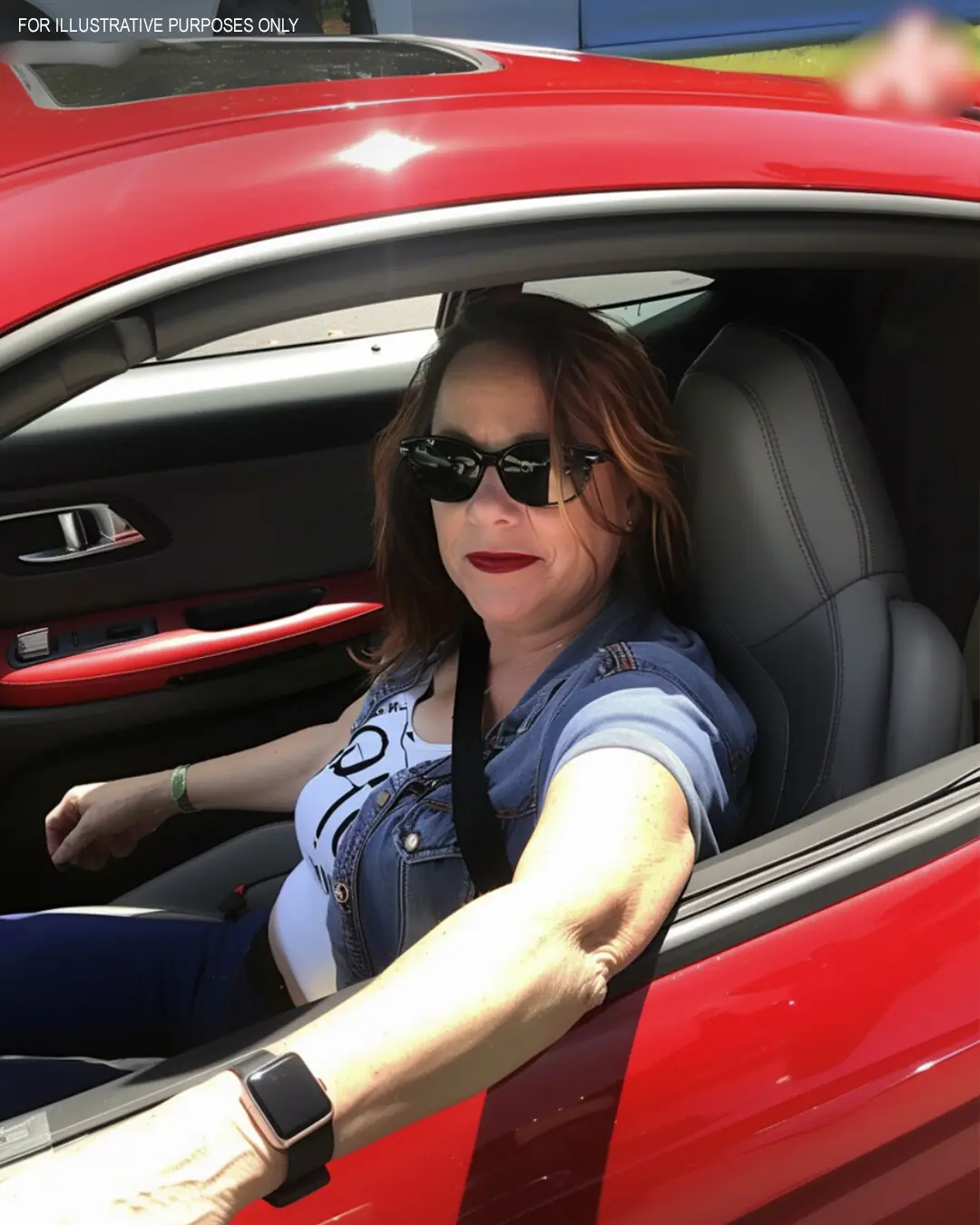
Entitled Mom Blocked Our Delivery Spot & Told Us to 'Work Around Her'—Minutes Later, She Regretted It a Lot
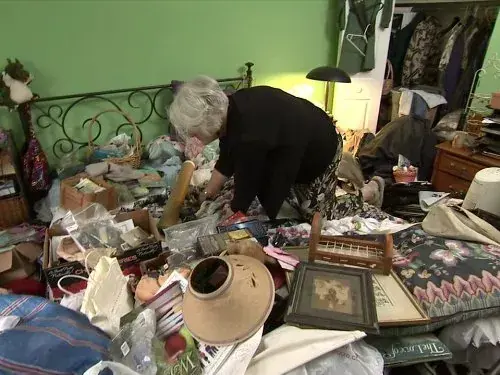
87-Year-Old Man Returns Home from Hospital, Sees His Stuff Had Been Taken Out of the House
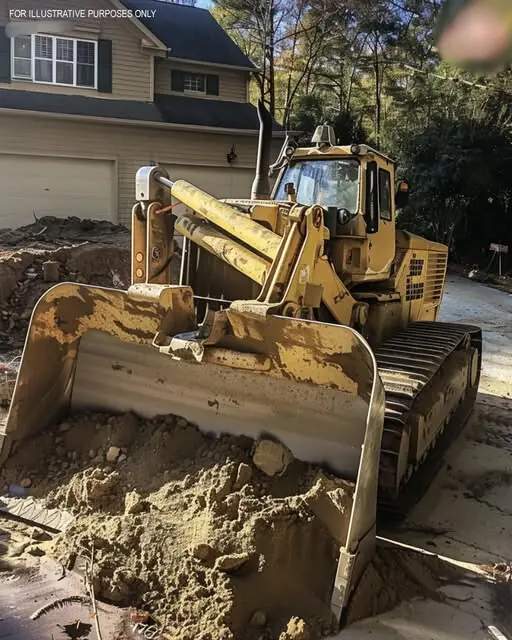
My Grandparents' Neighbor Stole Part of Their Land for a Driveway — His Arrogance Cost Him Thousands
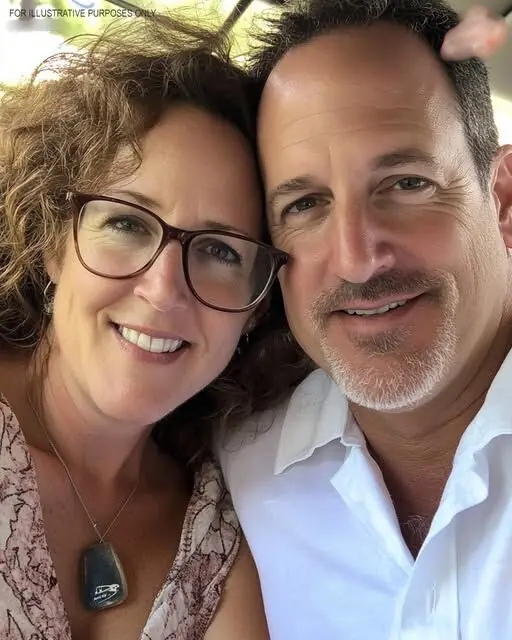
I Overheard My Husband Bragging About His 'Ugly' Wife – His Payback Was Worse than He Could Have Imagined
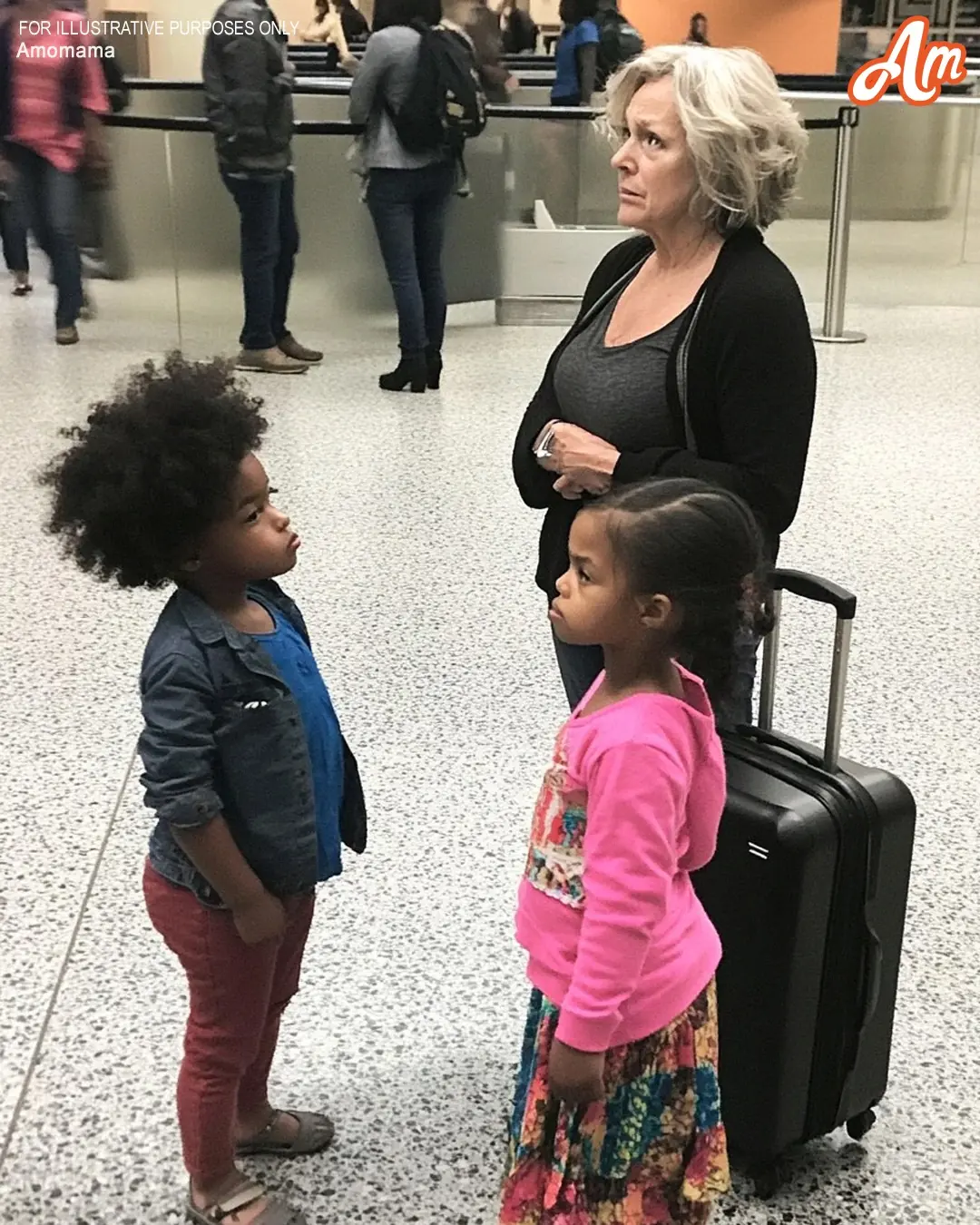
My Mother-in-Law Invited My Husband, Kids, and Me on a Family Trip, But at the Airport, She Gave Me an Outrageous Ultimatum
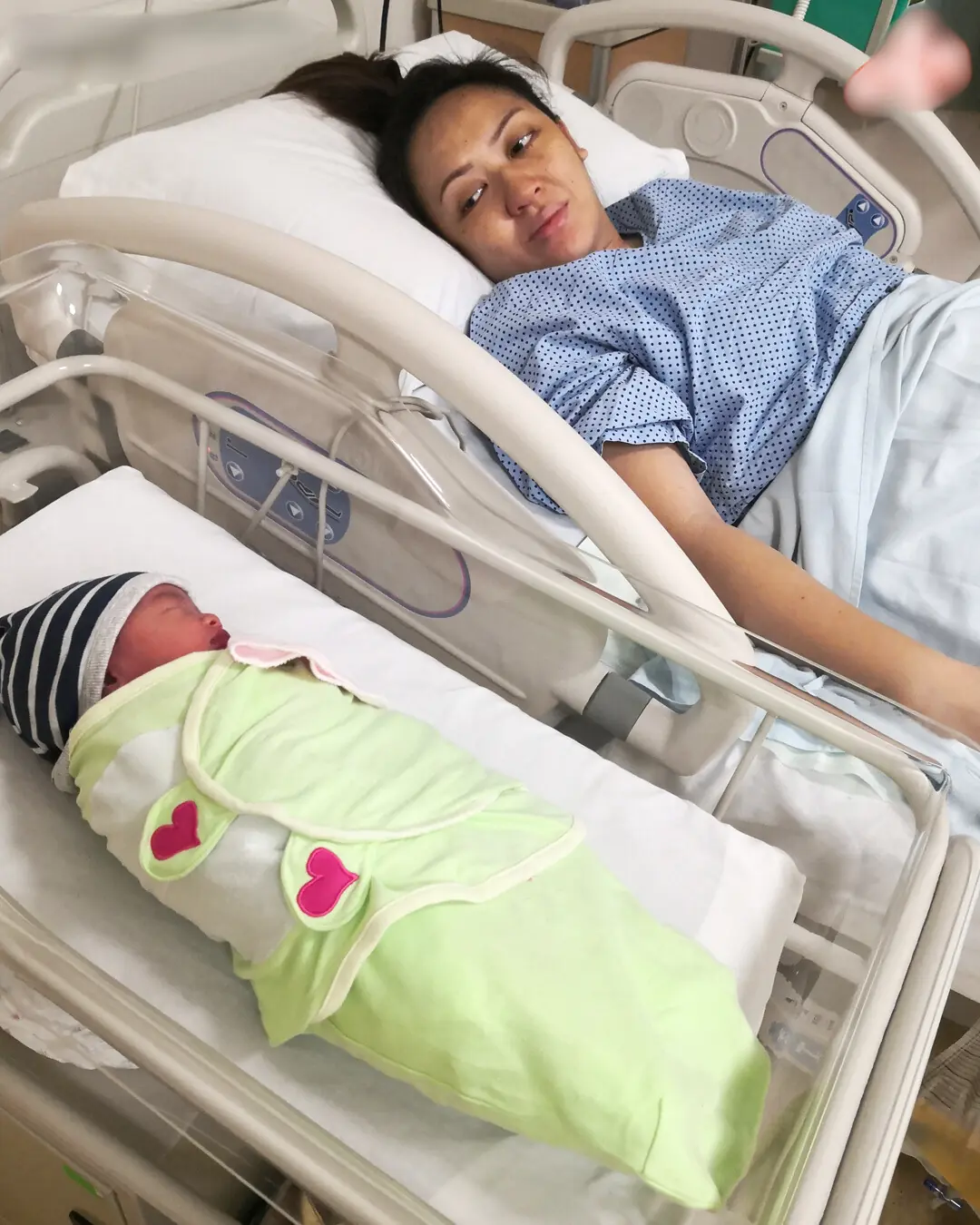
My Sister Named Her Son the Same as Mine! I Didn't Understand Why Until Our Mother's Will Was Read
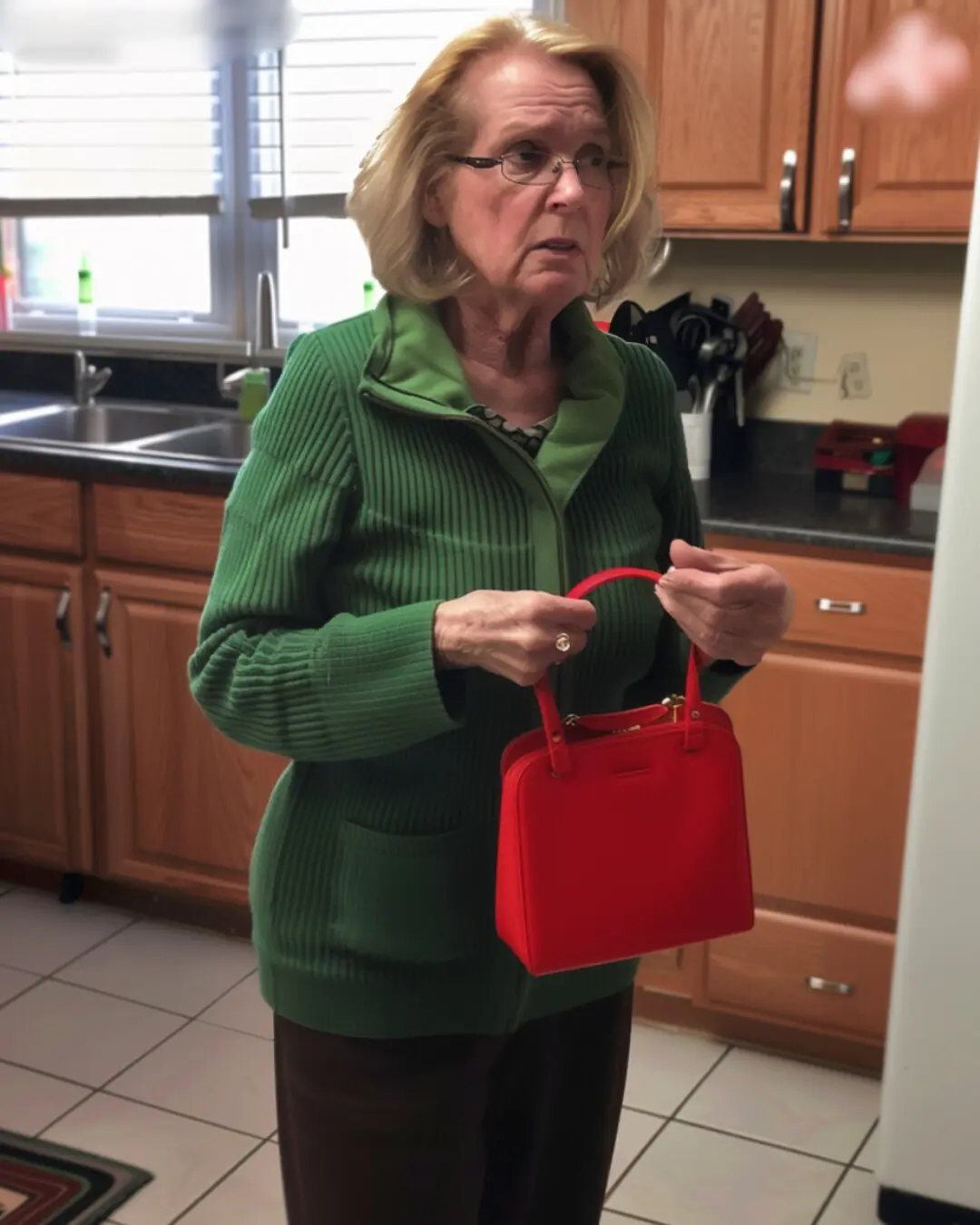
My Daughter Asked My MIL, 'What Do You Hide in Your Purse?'—The Truth Broke Me
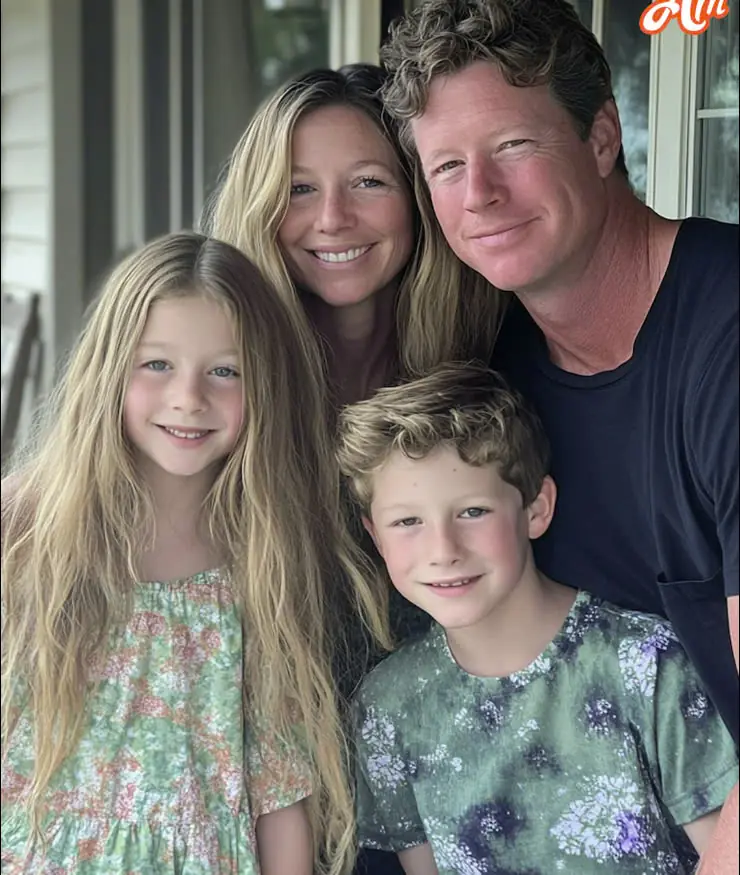
My BF’s Daughter Wanted to Be His Only Princess, And My Son Paid the Price
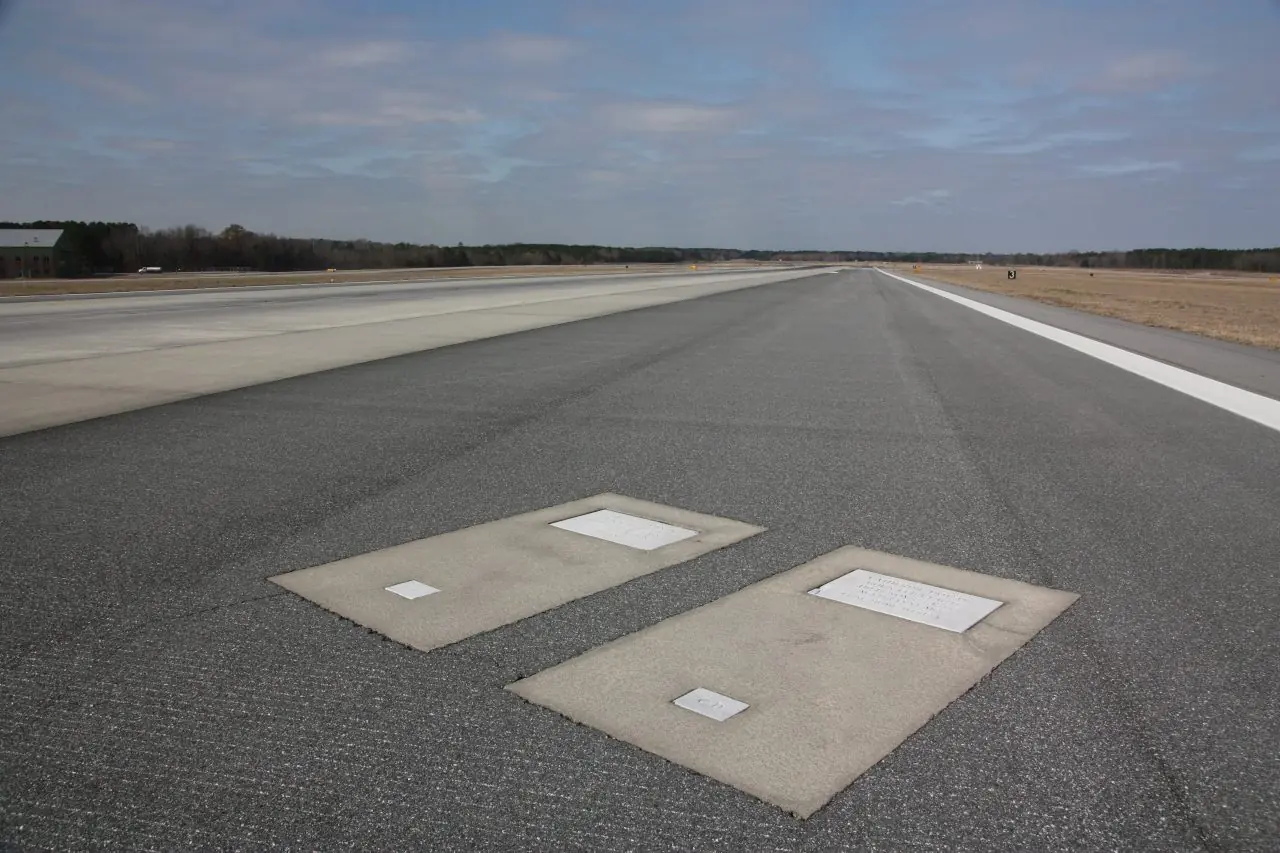
This is Why Two People Are Buried in Graves at The Savannah Airport in The US

Words You Should Never Google, According to Those Who Have
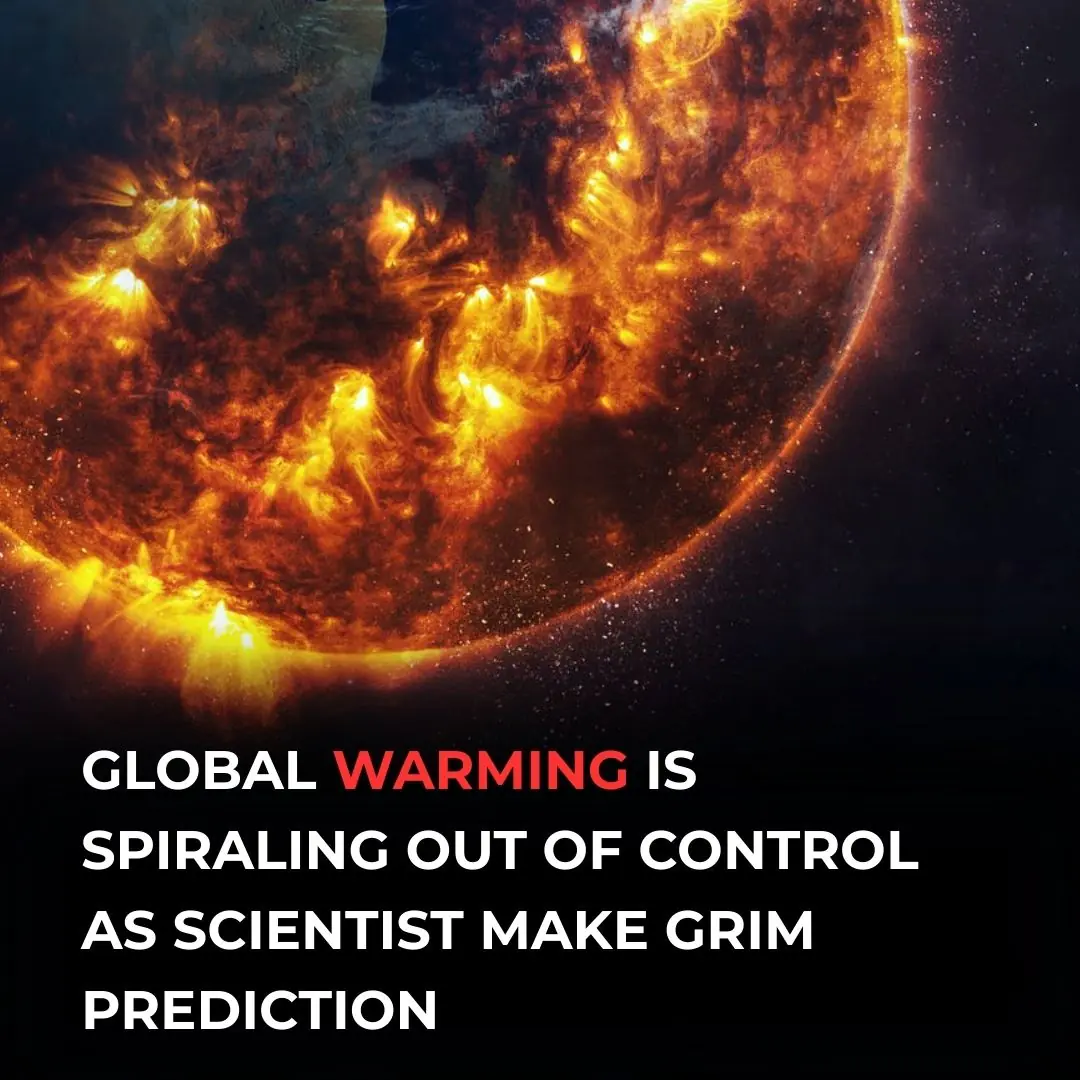
Scientists Anticipate That Global Warming Will Escalate To An Unprecedented 7°C By 2200, Resulting In Catastrophic Heatwaves, Famine, And Floods
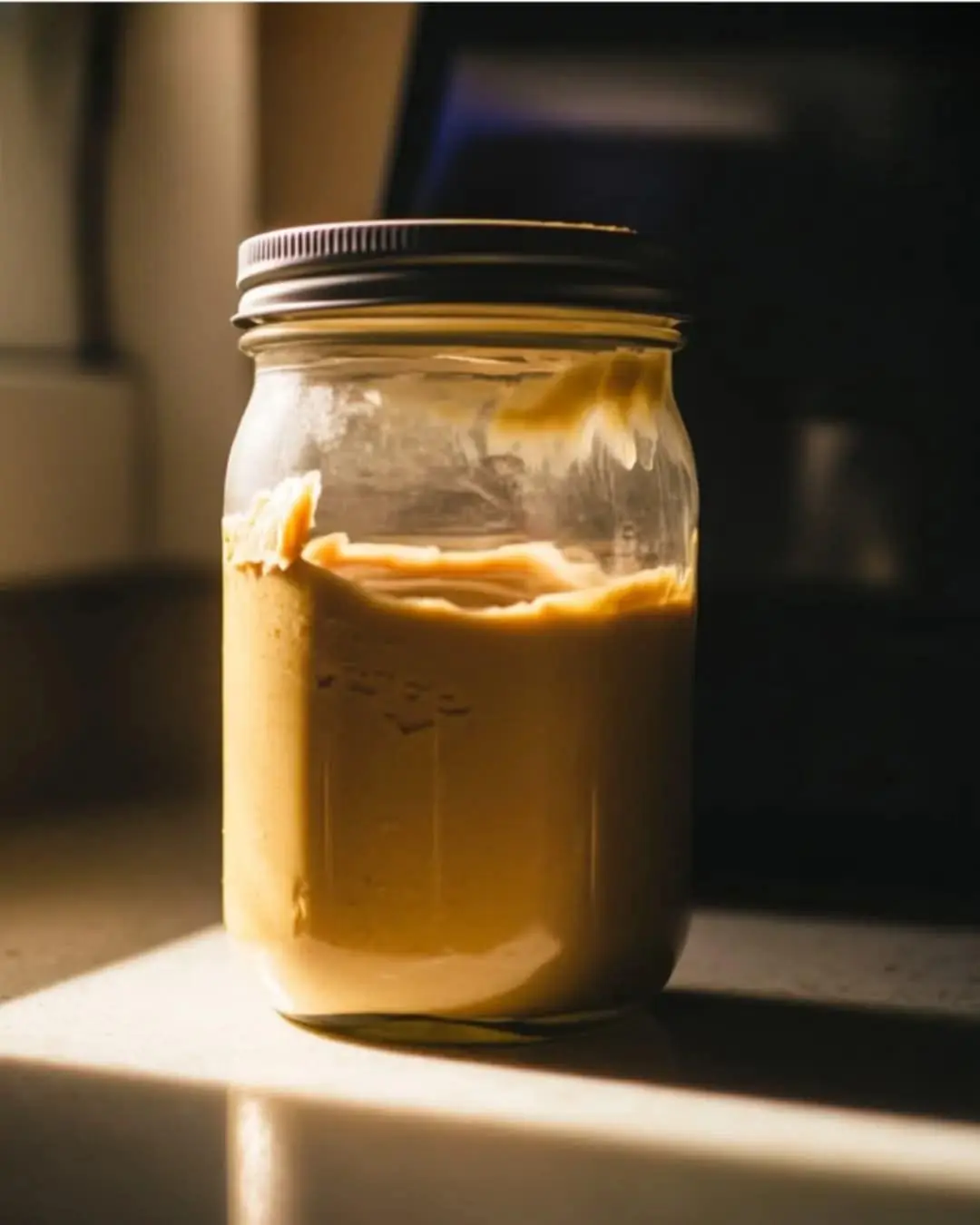
I Went on a Work Trip Leaving My Husband Alone – When I Returned and Found My Peanut Butter Jar Half Empty, I Knew I Had to Confront Him
News Post
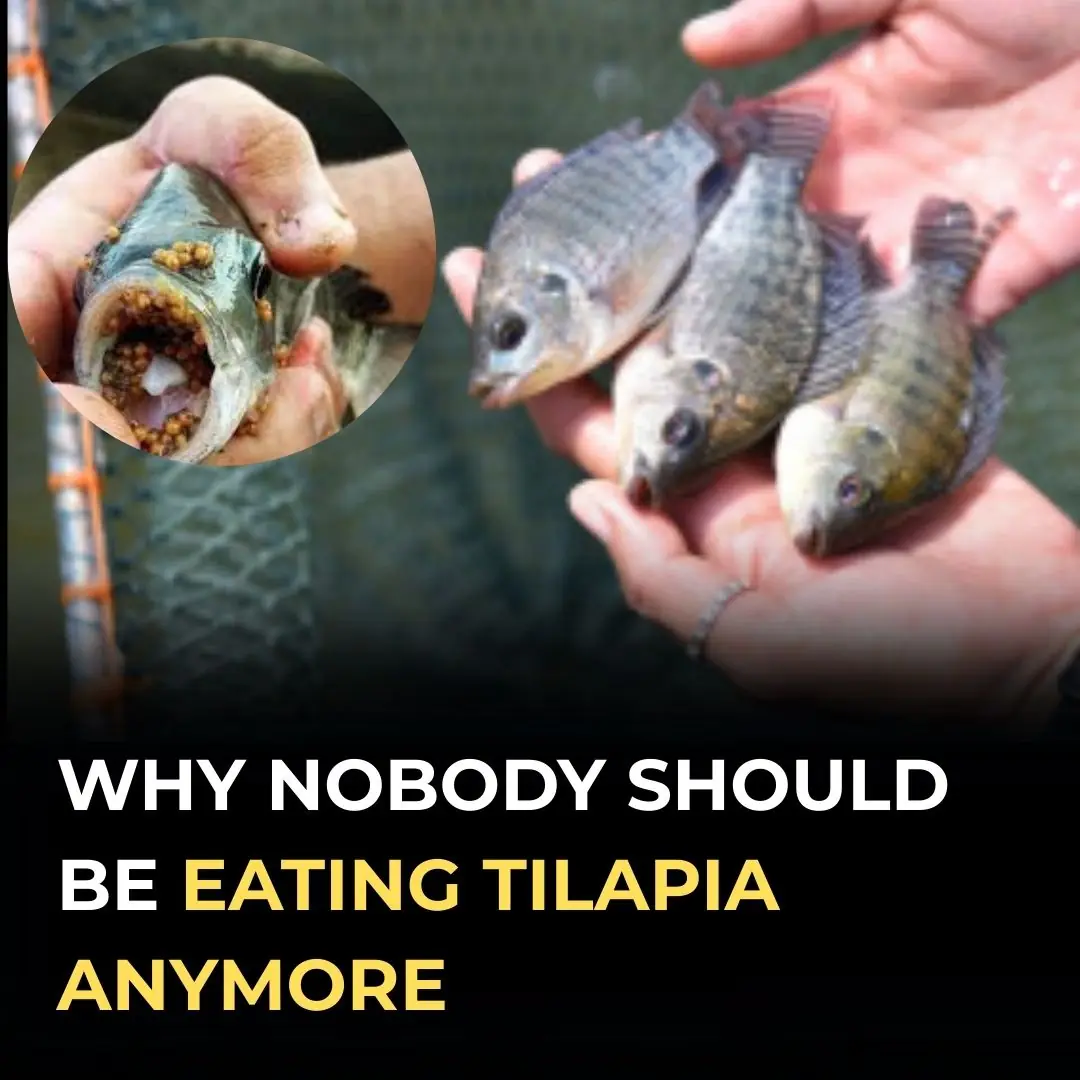
The Benefits and Potential Dangers of Eating Tilapia Fish

My 32-Year-Old Son Threw a Wild Birthday Party at My House and Nearly Destroyed It

I Was Looking At a Photo of My Late Wife and Me When Something Fell Out of the Frame and Made Me Go Pale

My Husband Moved Back in with His Mom Because My Cough 'Was Annoying' While I Was Sick with Our Baby – So I Taught Him a Lesson

Cancer Doctor Reveals ‘Common Theme’ Seen Regularly In Patients Before Diagnosis

My Husband Threw $50 at Me and Said, 'Make a Lavish Christmas Dinner for My Family — Don't Embarrass Me!'
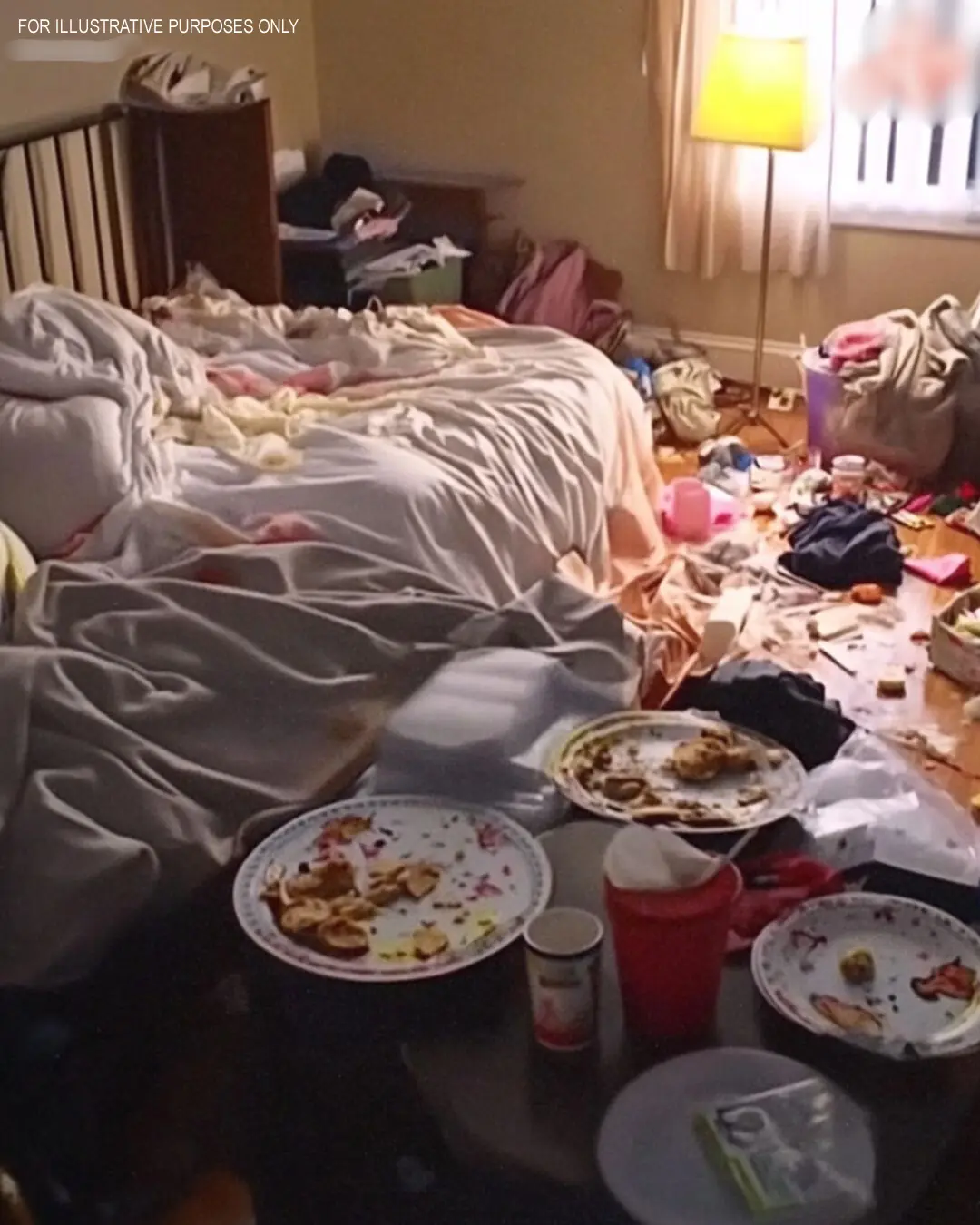
My Husband’s Best Friend Moved in Weeks Ago, Expecting Me to Clean after Him – Husband Sided with Him, So I Taught
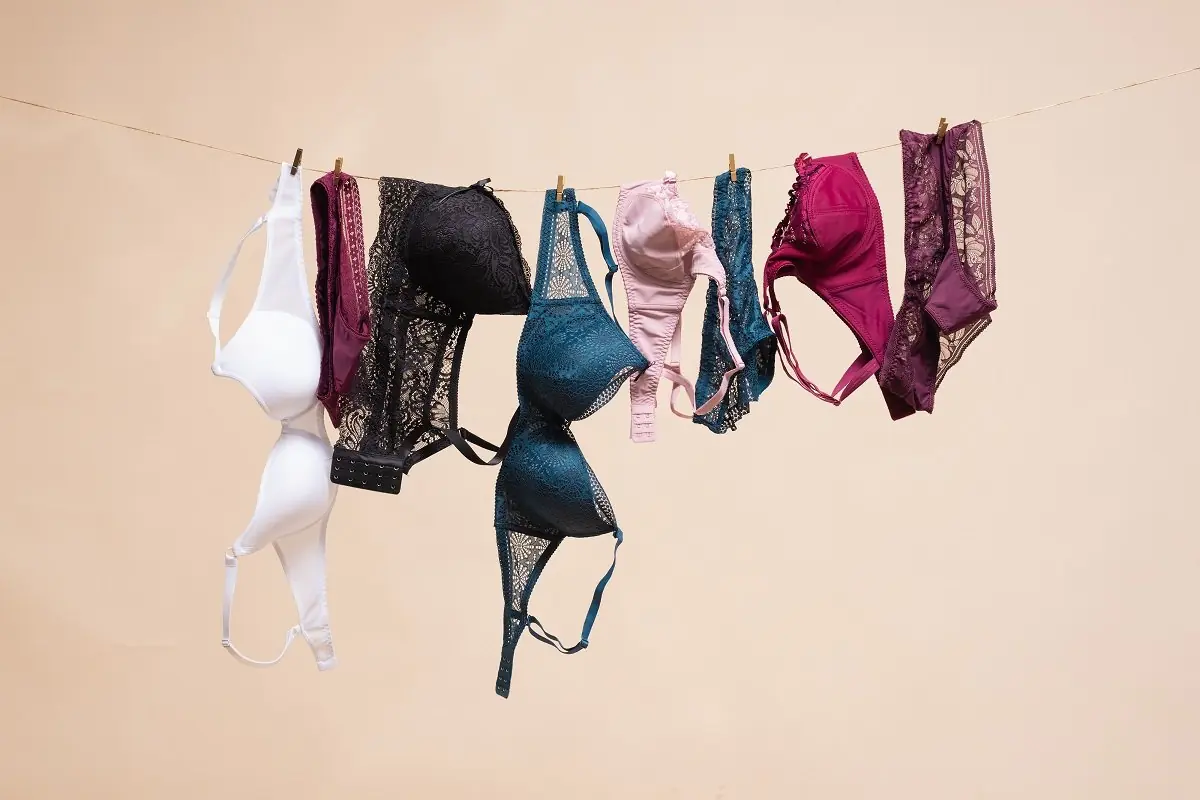
How Often Should You Change Your Underwear?
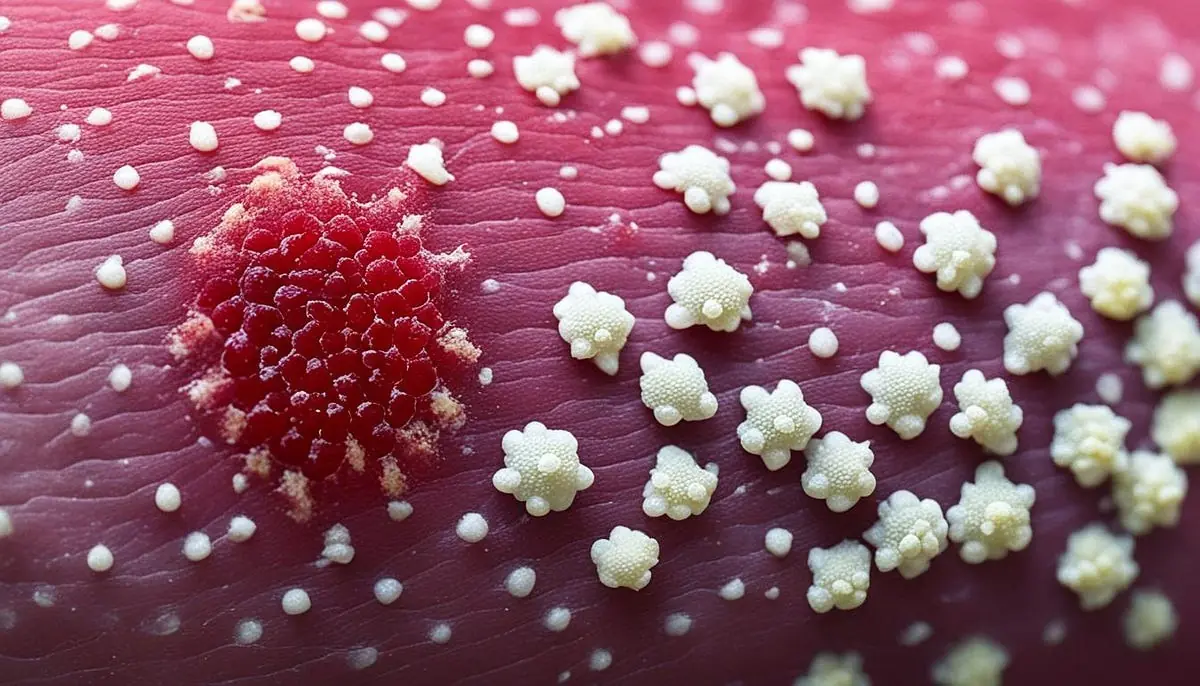
WHO issues its first-ever reports on tests and treatments for fungal infections

Scientists Have Officially Measured the Speed Limit of Human Thought
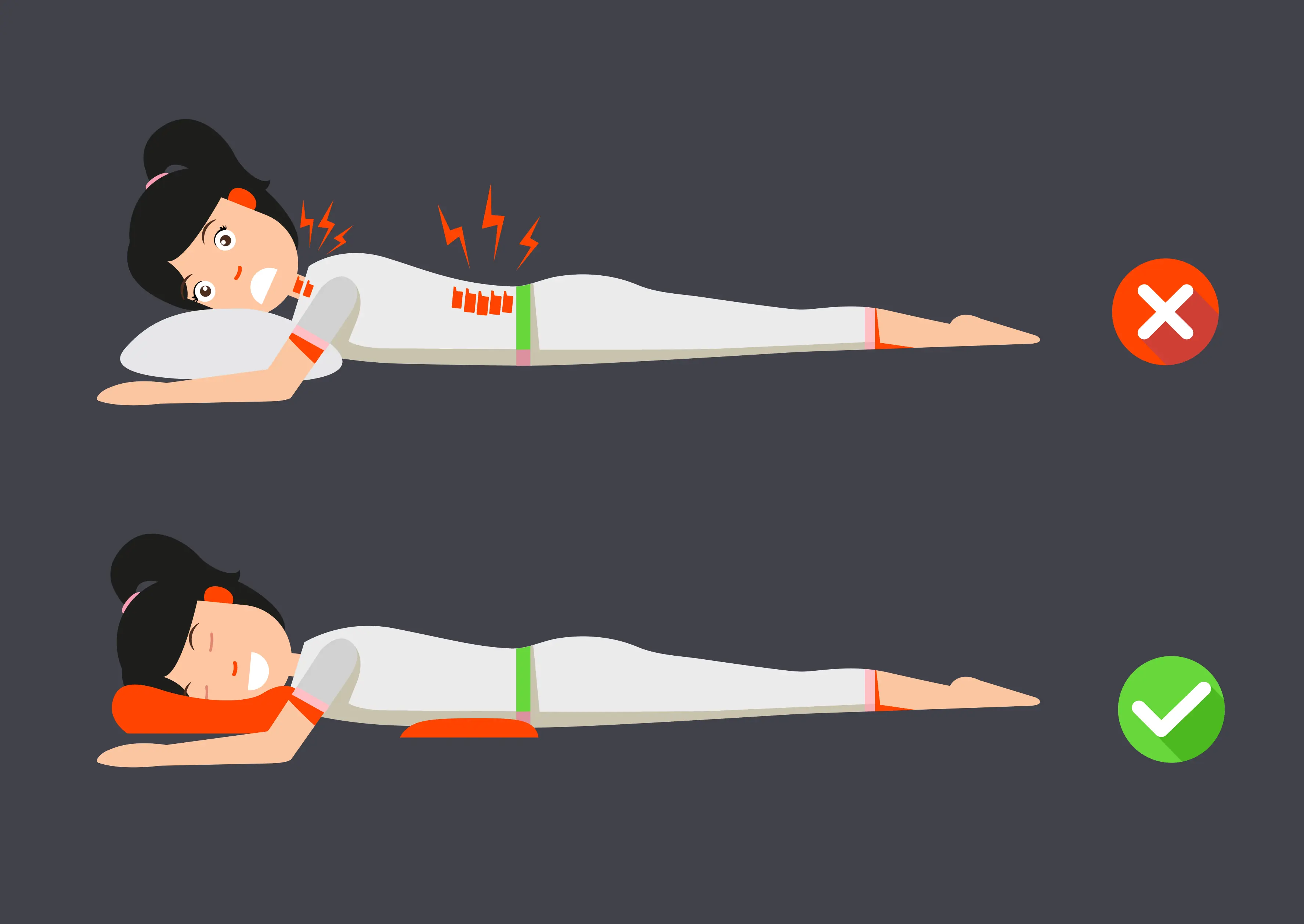
How Your Sleeping Position Affects Your Health
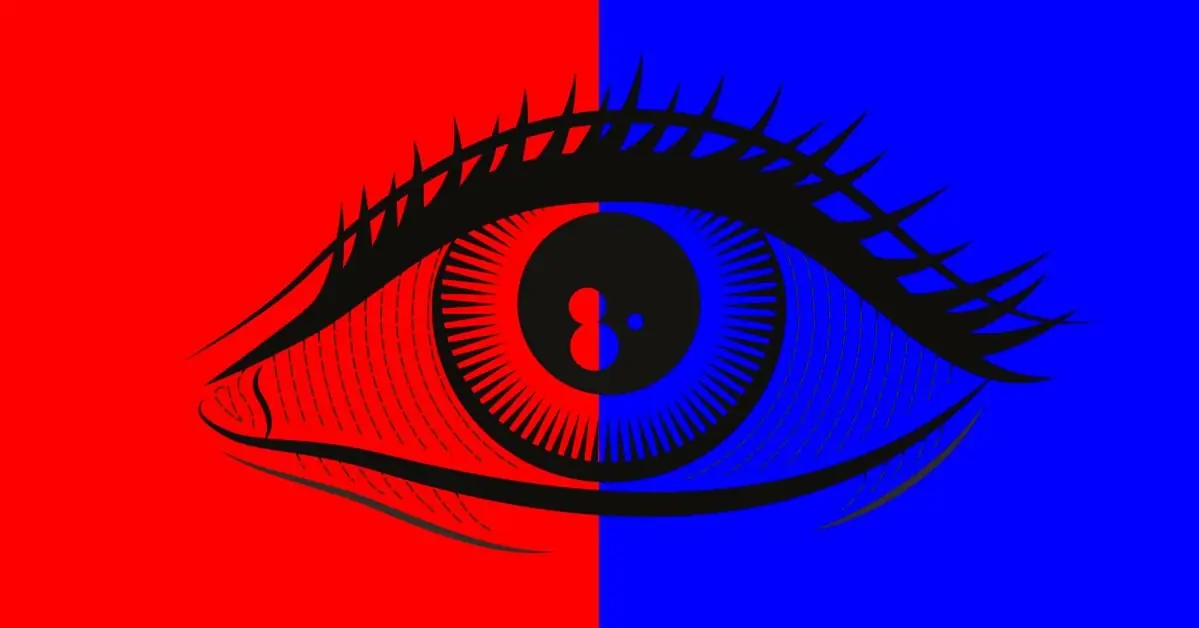
Only People With Perfect Color Vision Can Read These Words

My Foster Parents Took My Parents' Money and Called It a Blessing—I Gave Them Exactly What They Deserved

My Boyfriend Insisted That I Take 2 Showers a Day - His Odd Request Became Clear When I Met His Mother

My Selfish Sister Stayed by Mom's Side When She Fell Ill, but Everything Changed after the Doctor Shared Mom's Last Words

My Husband Thought I Did Nothing While at Home with Our 5-Month-Old Baby until I Left Home for a Week

Entitled Mom Blocked Our Delivery Spot & Told Us to 'Work Around Her'—Minutes Later, She Regretted It a Lot
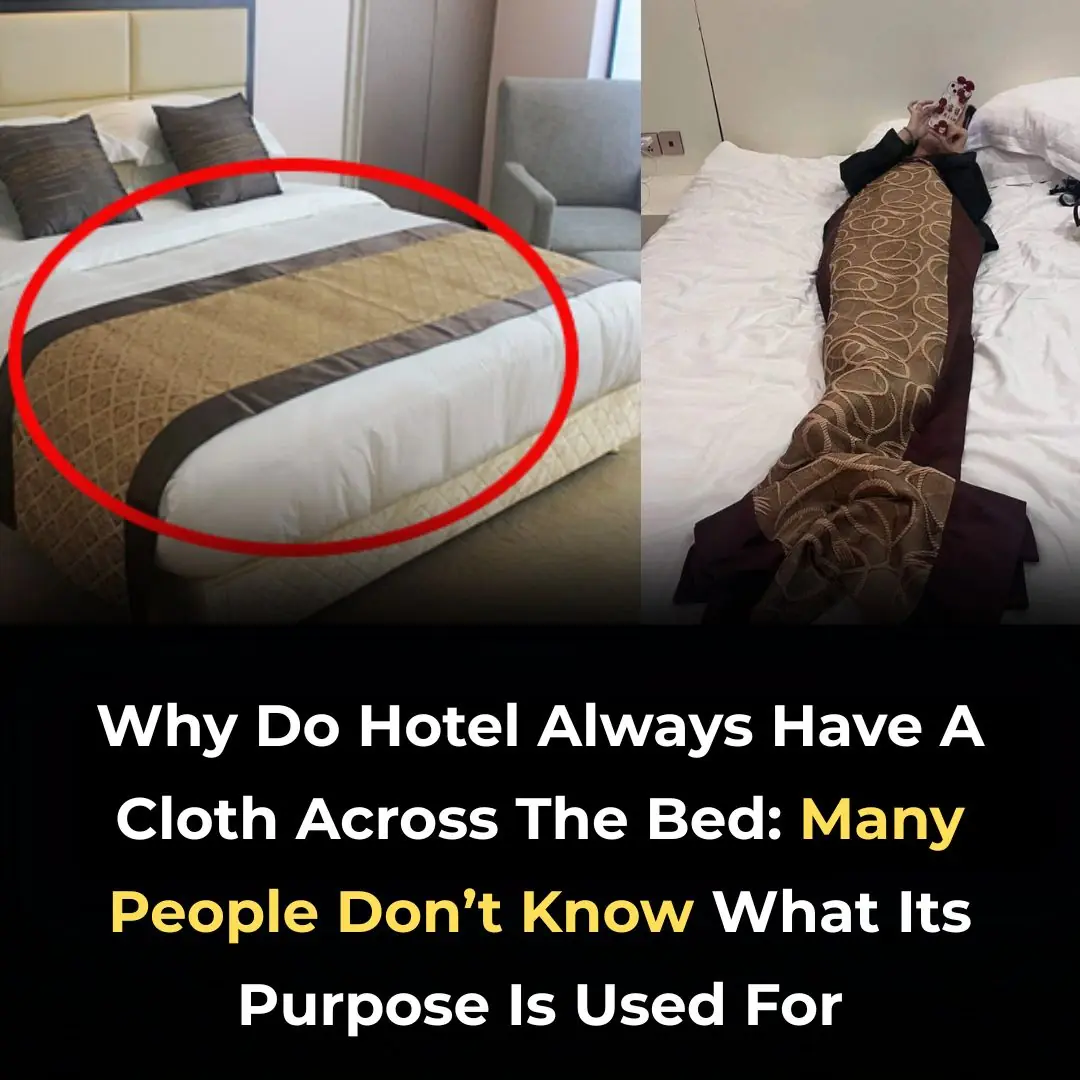
What’s The Purpose Of The Fabric Strip Across Hotel Beds
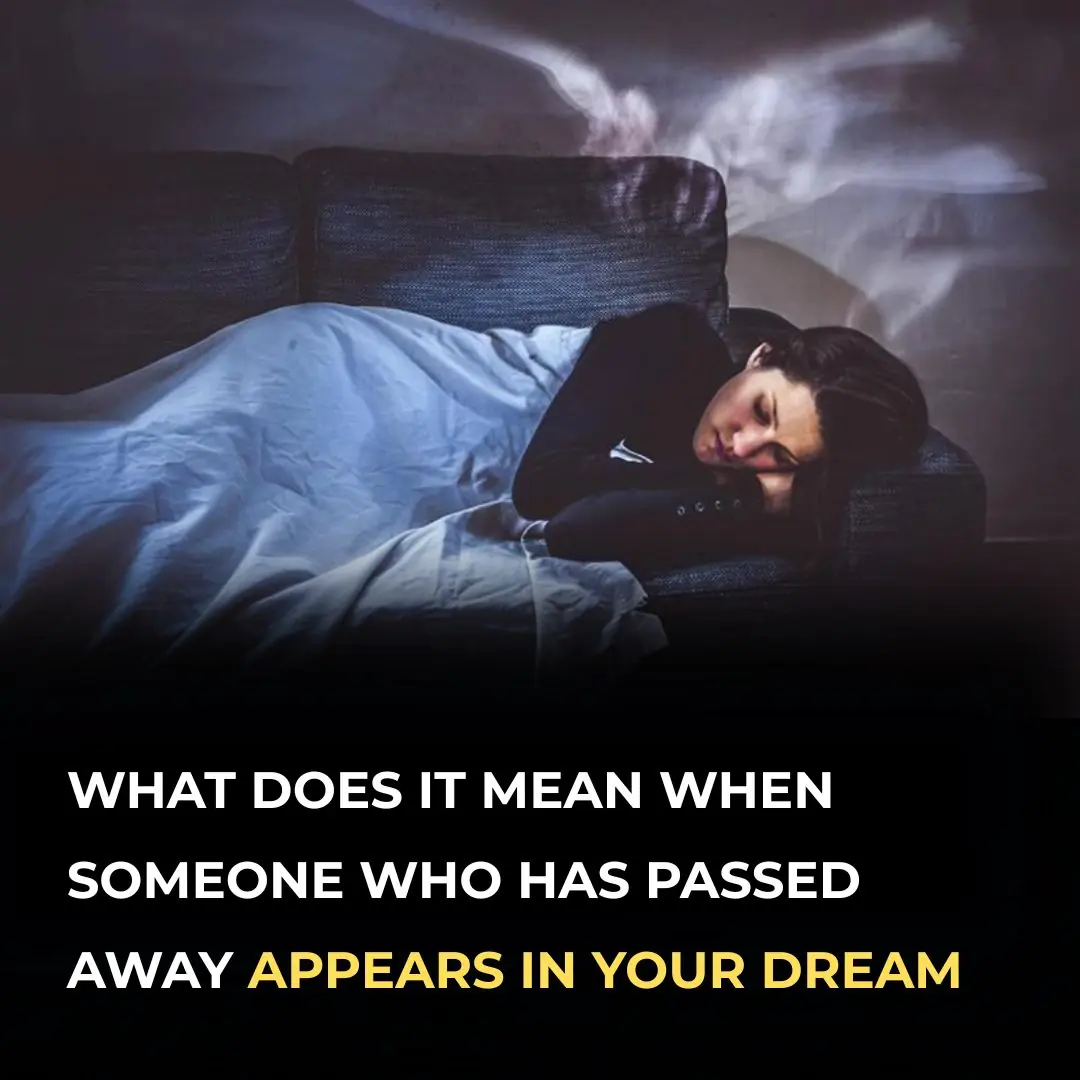
What Does It Mean When A Person Who Has Passed Away Appears In Your Dream
